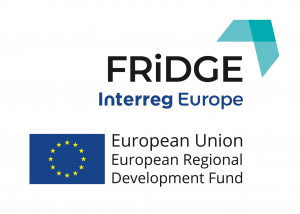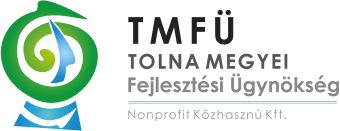
FRiDGE - Packaging technology, packaging-free.
The 20th century saw a revolution in the food industry, particularly in packaging and preservation, which made it possible to access safe food far from the place of production. As the focus of trade shifted from small shops to large supermarkets, there was a need to increase the shelf life of goods. Food must be protected from pathogens and certain natural processes must be prevented from taking place. There is a downside: the food industry generates around 200,000 tonnes of packaging material every year. Two thirds of this is plastic of some kind. At the household level, we can do a lot to reduce this waste, but producers also have a major responsibility to choose the right packaging material or to find markets where products can be sold without packaging.
The information event “Packaging technology, packaging-free” was held on Monday, 29 November 2021, between 10.00 and 12.00 at the Babits Mihály Cultural Centre, Parászta Hall.
The first presentation was given by Zsófia Kertész, a development engineer at Campden BRI Hungary. During her presentation she described the packaging materials in use today and their advantages and disadvantages. She focused on plastics as they have the most harmful impact on our environment and their elimination should be the primary goal of zero packaging. The development of new intelligent packaging materials and the difficulties of introducing new products such as these were also discussed. Finally, he spoke about the difficulties manufacturers face in changing the packaging of a product and the considerations that companies need to take into account when making such a change.
The second speaker is Ágnes Ferenczi, who is the creator and owner of the waste-free shop Öko Spájz. Ágnes’ presentation was mainly about the establishment of the shop and its everyday difficulties. The idea of the shop came to her when she was expecting her first child and had to spend more time at home and realised how much unnecessary waste is produced in a household. In the years that followed, she developed a business plan, travelling around the area to build up a network of suppliers that would allow her to present the widest range of products when she opened. She stressed that her most important task is to build community, as this is the foundation for a successful business. She also explained the difficulties she faces every day and how Öko Spájz is different from other similar but less successful packaging-free shops.
The event is part of the FRiDGE PGI05955 INTERREG EUROPE project, co-financed by the European Regional Development Fund and Hungary.
